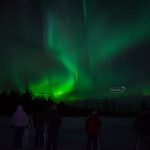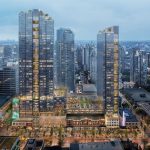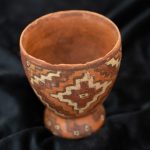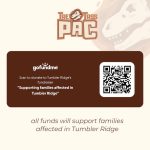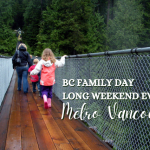Forests, Fires, and Stanley Park
This month’s guest post is written by Micheal Murray, Communications Assistant with the Stanley Park Ecology Society (“SPES”).
Forests, Fires, and Stanley Park
With the summer in full swing and temperatures rising, so too is the threat of forest fires. The last two summers have been particularly hot and smokey in BC, and it’s been forecasted to be the same this year.
While out-of-control forest fires pose a risk to people and property, fires do play an important role in ecosystem renewal. Forest fires burn away invasive species, insects and diseases and allow native species to regrow in their place. They also clear out dead debris and underbrush, allowing for more sunlight to reach the forest floor and foster new, vigorous growth. When trees are burned, they turn to ash and release their nutrients back into the soil, helping to make the ground more fertile.

In areas that are prone to fire, some trees develop thicker bark to protect themselves from the flames; thicker bark doesn’t catch fire or burn as easily. If you look closely at some of the larger Douglas fir trees in Stanley Park, you can see the charred remnants of past fire on their bark.
Stanley Park has seen relatively little fire damage over the last 100 plus years. The great fire of 1886 that destroyed Vancouver and much of Stanley Park was the impetus for a fire prevention program. A system of trails, hydrants and water mains was established in the Park beginning in 1910.

While climate change plays a part in increasing the risk of forest fires, people are by far the major cause of fires in Stanley Park with cigarettes, campfires and arson leading the way. Our Eco Rangers spotted this small fire along Cathedral Trail last week.
“People MUST CALL 911 immediately. Even if they smell or see smoke and can’t find the fire,” says Park Board Ranger Chris Penton.
For more information on fire prevention, please visit the Park Board Kiosk at Second Beach in Stanley Park. If you’d like to learn more about the ecology and history of fires in Stanley Park, join our “Forests and Fires” Discovery Walk on Sunday, July 14th at 2:00pm with forestry consultant Bruce Blackwell. Click here for SPES’s full event calendar this summer »
About SPES Saturday

As a member of the Stanley Park Ecology Society, Miss604 wanted to offer the organization an opportunity to share their news, events, so we created the “SPES Series” years ago. This is where SPES can contribute and share stories with the Miss604 audience once a month. Follow SPES on Facebook for more information.

